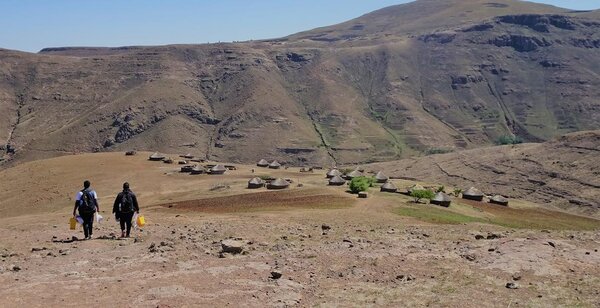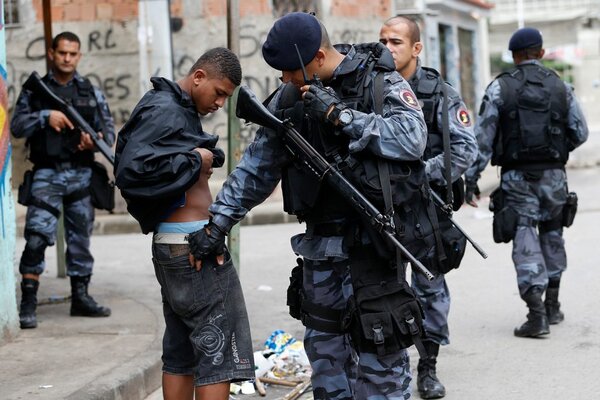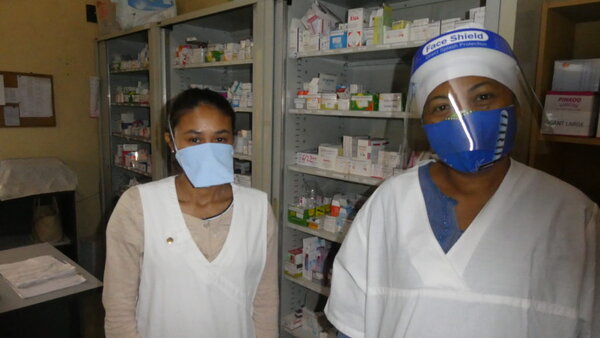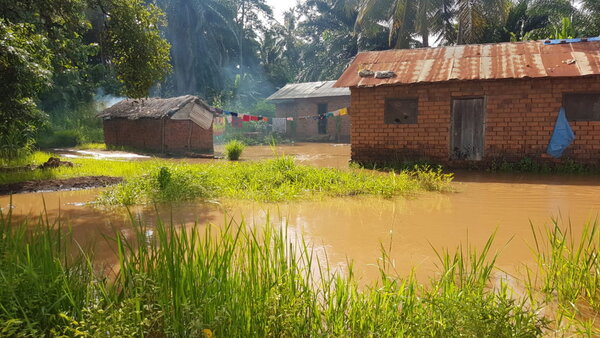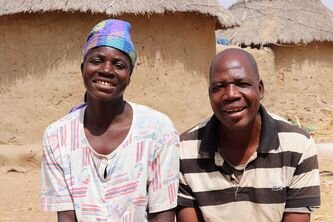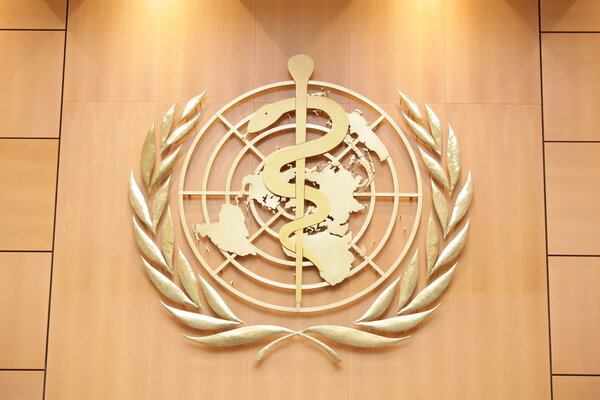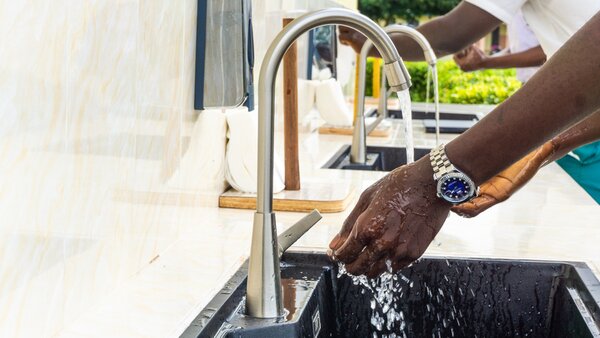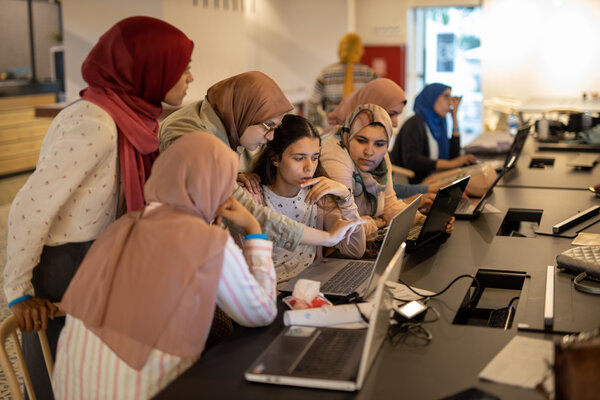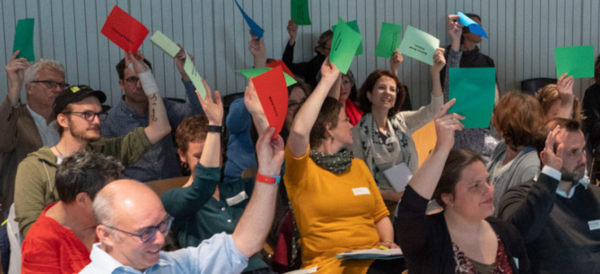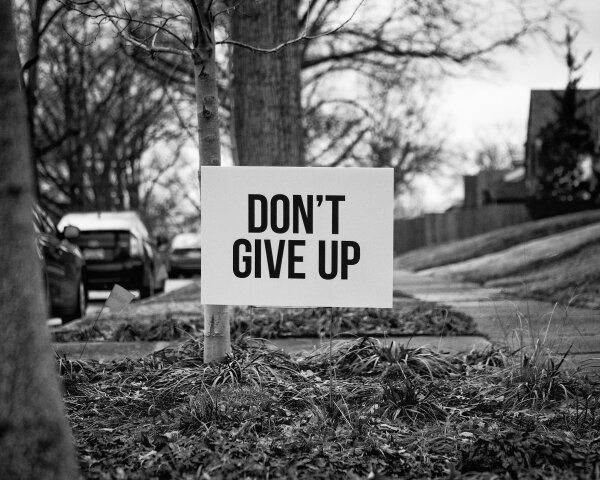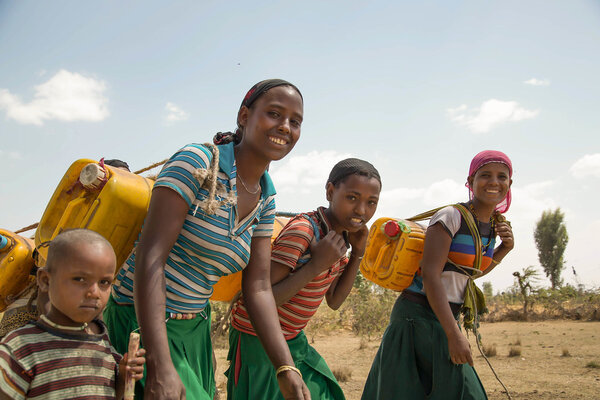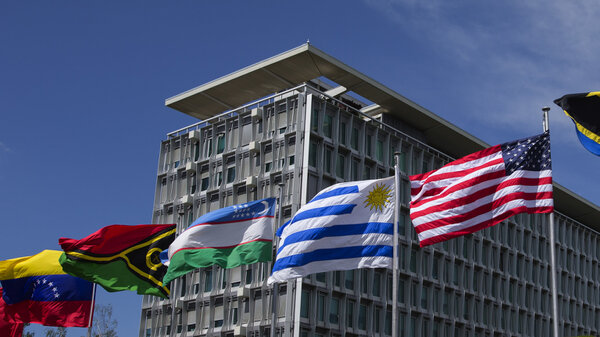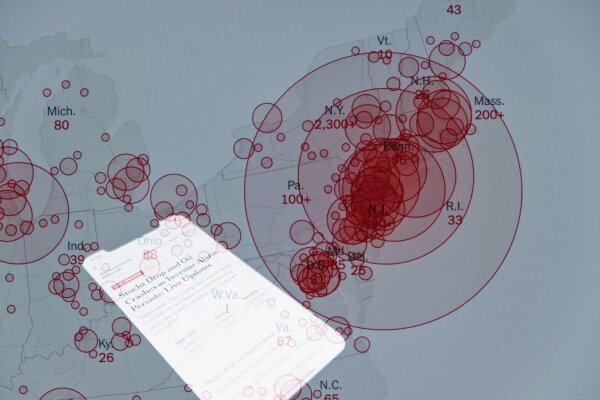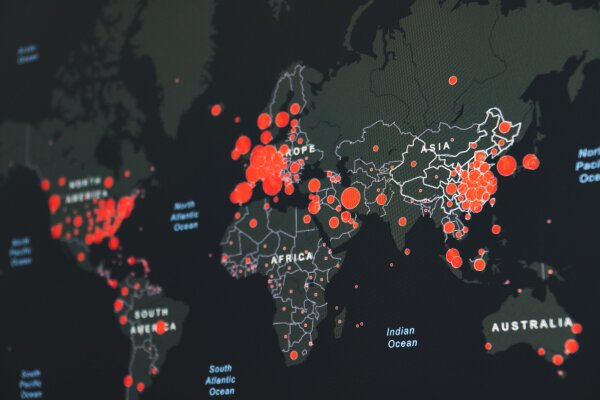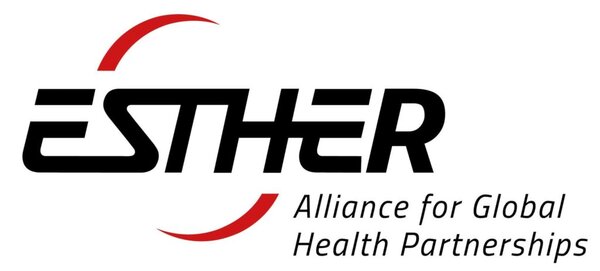Das Engagement für das Recht auf Gesundheit für alle weltweit beinhaltet, dass wir hier in der Schweiz Entscheidungsträger*innen darüber informieren, wie die Situation in Ländern mit mittlerem und tiefem Einkommen ist, was es braucht, um Fortschritte zugunsten benachteiligter Bevölkerungen zu erzielen und welche Verantwortung der Schweiz zukommt, um die Welt gerechter und damit zukunftsfähig zu machen. Dies tun wir nicht allein, sondern immer auch in einem Verbund mit einer Vielzahl von Akteur*innen, die die internationale Zusammenarbeit der Schweiz stark und effektiv halten wollen.
Für benachteiligte Bevölkerungen einstehen, heisst auch dafür einstehen, dass diese Zugang zu ihren Grundrechten erhalten. Im globalen Süden sorgen dafür unsere zivilgesellschaftlichen Partner vor Ort. Bei uns soll mit der Konzernverantwortungsinitiative der rechtliche Rahmen so erweitert werden, dass auch grosse Schweizer Firmen und Nichtregierungsorganisationen rechenschaftspflichtig werden.
Menschen als Akteur*innen nicht als Opfer zeigen
Als Befürworter der Initiative bin ich aber einigermassen irritiert, mit welchem Bildmaterial die Kampagne arbeitet. Diese präsentiert uns weinende und geschundene Kinder, mit der offensichtlichen Absicht in die Mitte unseres Herzens zu zielen. Auch wenn ich das aus strategischer Sicht nachvollziehen kann, halte ich es für falsch. In unserer Arbeit kämpfen wir dafür, dass Menschen weltweit als Handelnde für ihrer Rechte und Bedürfnisse den notwendigen gesellschaftlichen Raum erhalten. In diesem Sinn sollten sie nicht als Opfer, sondern als politische, gesellschaftliche oder wirtschaftliche Akteur*innen gesehen und auch als solche gezeigt werden.
Innovation kommt von unten
Die Kampagnen- und Kommunikationsarbeit von Nichtregierungsorganisationen muss damit aufhören, stereotype Bilder von armen, entrechteten Menschen im globalen Süden zu zementieren. Sie bespielen und reproduzieren laufend einen bei uns tief verankerten kolonialistischen Vorstellungsraum. Im von unseren Mitgliedern entwickelten "Manifest Gesundheit für alle in einer Generation" wird klar festgehalten, dass eine solche Kommunikationsarbeit letztlich die Unterstützung der grundsätzlich solidarischen Haltung der Schweizer Bevölkerung untergräbt. Und wir weisen auch auf den Ausweg hin: Statt den ewigen stereotypen Bildern „wollen wir inspirierende Lösungen vermitteln, die gerade sehr oft von unseren Partnerorganisationen und den lokalen Bevölkerungen kommen.“
Martin Leschhorn Strebel
Netzwerk Medicus Mundi Schweiz
E-Mail


